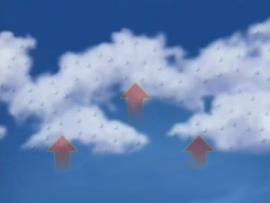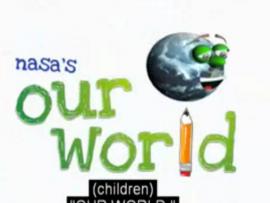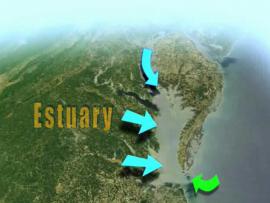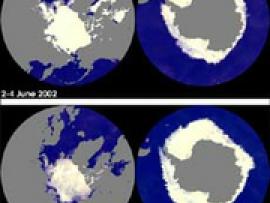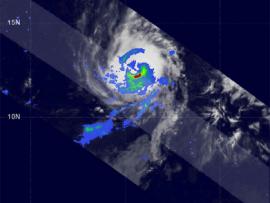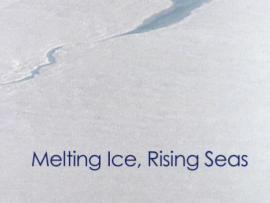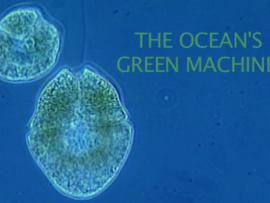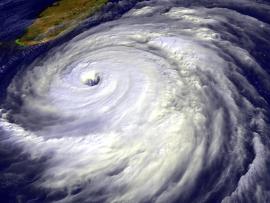Browse Informal Resources
Browse Informal Resources
Primary Topic:
Subtopics:
Type:
Keywords:
Summary:
This NASA video segment describes the different types of clouds and cloud formation. The relationship between clouds and weather on Earth is demonstrated.
Primary Topic:
Subtopics:
Type:
Keywords:
Summary:
This NASA video segment focuses on the relationship between weather and climate. Learn how heat, air pressure, winds and moisture work together to produce local weather.
Primary Topic:
Subtopics:
Type:
Standards:
Keywords:
Summary:
You get to be the scientist in the "Build It Yourself: Satellite!" game! Choose what science your satellite will be used to study, and then decide what wavelengths, instruments, and optics will help you learn the most about the science you've chosen.
Primary Topic:
Subtopics:
Type:
Keywords:
Summary:
Learn how NASA uses Earth observing satellites to monitor conditions in the Chesapeake Bay over time. Information about pollution, eutrophication, land cover and watershed runoff helps water managers enact policies to improve the health of the Bay.
Primary Topic:
Subtopics:
Type:
Keywords:
Summary:
This website explores NASA's role in characterizing, understanding and predicting climate variability and change.
Primary Topic:
Subtopics:
Type:
Keywords:
Summary:
This website offer teachers and their students some background on how NASA is supporting the study of Earth's weather systems. There is a good image of TRMM data being used to understand tropical storms, and links to other websites with additional info.
Primary Topic:
Subtopics:
Type:
Standards:
Keywords:
Summary:
Using satellites, lasers, and radar in space, and dedicated researchers on the ground, NASA is studying the Earth's ice and water to better understand how sea level rise might affect us all.
Primary Topic:
Subtopics:
Type:
Standards:
Keywords:
Summary:
Earths climate is changing at an unprecedented rate, and as our home planet warms, so does the ocean. Warming waters have big consequences for phytoplankton and for the planet.
Primary Topic:
Subtopics:
Type:
Standards:
Keywords:
Summary:
Teaches about what a tropical cyclone is, and how "Hurricane", "Typhoon", and "Cyclone" are all different words for the same phenomena.
Primary Topic:
Subtopics:
Type:
Keywords:
Summary:
GPM Deputy Project Scientist Gail Skofronick-Jackson discusses GPM's snowfall measurement capabilities and the challenges of measuring snow.


